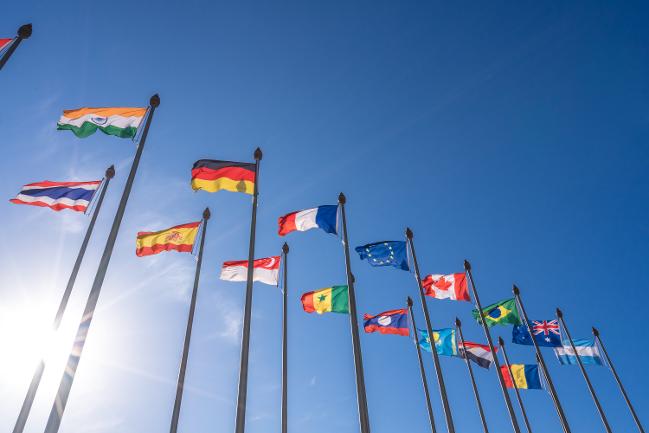About us

Why is competition important?
Competition ensures that businesses are constantly striving to win and retain the favour of customers, who could switch to another company offering similar products or services at any time. It is the pressure created by competition which encourages suppliers to offer their products or services at a better price, improve quality and develop new products. Competition provides an incentive for businesses to innovate and come up with new offers that help them attract new customers and enter new markets.
Apart from its direct economic benefits, competition has another important function in that it limits not only the economic but also the social and political power of individual companies. We are currently seeing this, for example, in the debates about large internet companies, where concerns are raised not only about their economic power but also about their power over data and opinion.
Guardian of competition
Competition can be inconvenient for market players. Businesses may therefore try to avoid or eliminate competition, for example by concluding agreements with their competitors or by acquiring or merging with competing businesses.
As in sport, a referee is required to ensure that the rules of play are observed in order to prevent such restrictions of competition and to safeguard the benefits of competition. Ever since its foundation more than 65 years ago, the Bundeskartellamt has worked to protect competition in Germany, for the benefit of consumers. Ludwig Erhard, former economics minister, German chancellor and founder of the Bundeskartellamt, once described German competition law as the “Basic Law of the German Market Economy”.
The rules governing competition in the German economy are mainly set out in the German Competition Act (Gesetz gegen Wettbewerbsbeschränkungen – GWB). At the European level competition rules are enshrined in the Treaty on the Functioning of the European Union (Articles 101 and 102 TFEU); they have been implemented in and supplemented by various regulations and directives.
The legal bases for protecting competition in Germany and Europe can be found here.
Further information on the Bundeskartellamt’s tasks and organisational structure can be found here.




